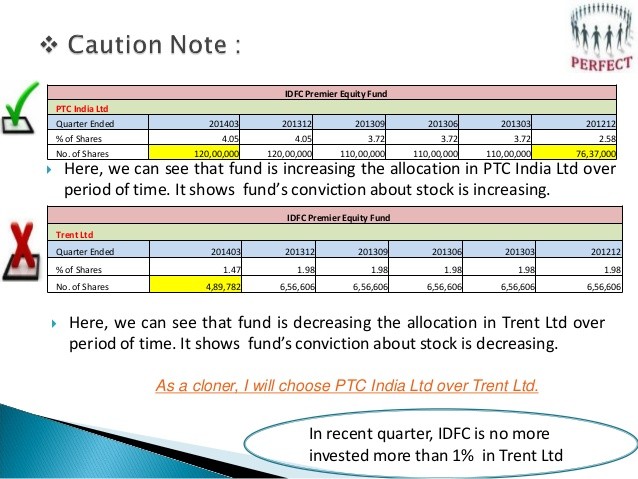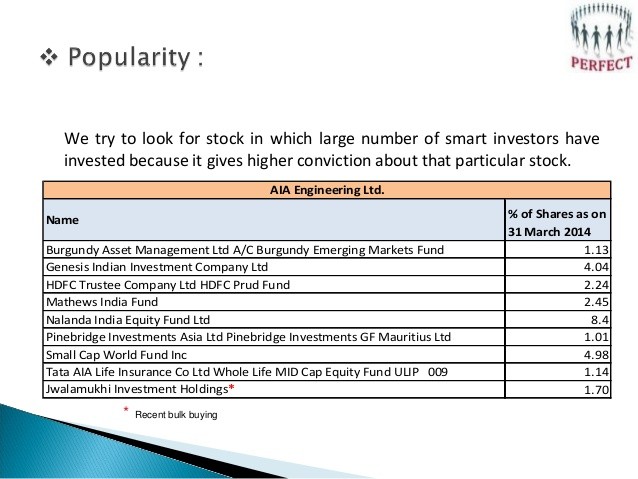Conviction is the key to allocation
Post on: 30 Сентябрь, 2015 No Comment

7 February 2005 0:00 am
Woodford Equity Income surges to £2.2bn; Jupiter buys in
The Jupiter Merlin Growth Portfolio trust currently invests in 14 funds from 10 providers, which is considered to be a relatively low number of holdings compared with other funds in the active managed sector. Despite this, Chatfeild-Roberts notes the 984 underlying stocks in the 14 funds give the portfolio a good degree of diversification.
We do not over-diversify for the sake of it. People who come along with a list of 30-40 funds are perhaps overdoing it, because they have diversified all of the return away. There are manager of managers products out there that can have over 4,000 underlying shares. This makes it difficult to achieve outperformance, he says.
The 233m Growth Portfolio trust is the largest of three funds of funds offered in Jupiter’s Portfolio Service, run by the team of Chatfeild-Roberts, Peter Lawery and Algy Smith-Maxwell. The group also offers the 230m Merlin Income Portfolio trust and the 72m Merlin Worldwide Portfolio trust within its multi-manager range.
Chatfeild-Roberts managed the growth portfolio at Lazards from 1997 until 2001, when he, along with Lawery and Smith-Maxwell, joined Jupiter. Jupiter bought the three funds of funds from Lazards six months later for the team to run.
Identifying key market and economic turning points are vital to the Jupiter team’s approach to asset allocation. We develop a view of the future and then put funds into the portfolio that we think will do well in the environment we are predicting, says Chatfeild-Roberts. This includes understanding how managers operate and analysing in which conditions they are likely to do well or badly.
By looking at a select group of funds on a rolling six-month basis, the group then identifies funds that are seen to be in sectors that are coming back into favour: We look at managers’ portfolios to see what the downside risk of the fund is. We are not interested in buying funds that have a high price/earnings ratio but have a hard time with the market. We are looking for those funds that have downside protection.
Chatfeild-Roberts attributes the Jupiter fund’s top-quartile performance not to diversification, but to getting the big picture right. He says: We have recently had exposure to Eastern Europe and commodities, and have also raised and reduced our Japanese exposure at various times.
The Jupiter team has also chosen not to invest too heavily in American funds, currently holding only one in its growth portfolio, the Findlay Park US Smaller Companies fund: For four years now, our view has been that the American stockmarket won’t make you much money, except for the smaller companies sector.

Chatfeild-Roberts and his team prefer not to comment on any recent portfolio changes as they feel it detracts from the end result of generating outperformance for clients. However, he admits that turnover in the fund is not generally very high. We don’t move money around particularly quickly, he says, adding that if his team sees an opportunity, they will invest a small amount and up their exposure if their conviction grows.
The fund has also held the same two European funds in its portfolio for nearly two years. The Artemis European Growth fund and its own Jupiter European fund currently represent 6% of the portfolio combined. At the fund’s core, however, are UK equities, which represent 36% of the portfolio.
In addition to Alex Darwall’s Jupiter European fund, which has returned 18% in the past 12 months, Chatfeild-Roberts’ growth portfolio currently holds two other Jupiter holdings: Elena Shaftan’s Emerging European Opportunities fund and the Financial Opportunities fund, run by Philip Gibbs.
While some firms choose not buy their own funds, Chatfeild-Roberts says he cannot ignore the performance of some of his colleagues. The group is careful to limit its investment in Jupiter funds to 25% and not to double-charge the annual management fee on these funds.
For Chatfeild-Roberts, the ultimate risk associated with selecting a fund is not volatility, but the potential to lose money: People equate risk with volatility. Risk is losing money, while volatility is simply short-term price movements. These are not the same thing. He adds: We ask ourselves how much could a particular fund go down if what we think is supposed to happen doesn’t end up happening.
In the Active Managed sector, Jupiter’s Merlin Growth Portfolio is currently the top-performing fund over three years, returning 22.37% against a sector average of 7.33%.














